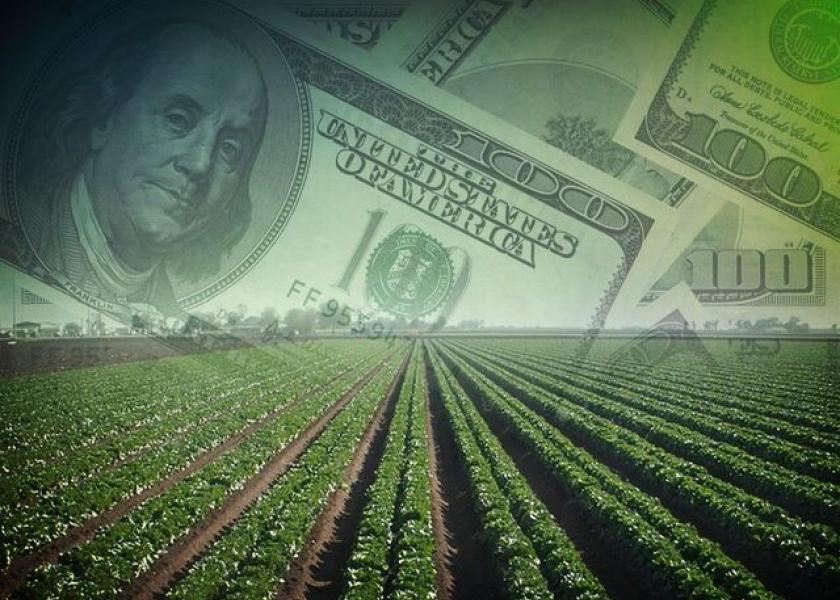USDA announces supplemental American Rescue Plan Funding

The USDA announced supplemental American Rescue Plan Act funding for the Local Agriculture Market Program (LAMP). The program will receive a total of $130 million in supplemental American Rescue Plan (ARP) Act funding to promote competition and create more and better markets for local and regional food producers by expanding and strengthening opportunities to sell to institutions, such as universities, hospitals, and settings operated by local, tribal and state governments. The supplemental ARP funding is divided into $65 million for fiscal years 2022 and 2023 each.
In fiscal year 2022, LAMP will receive a total of $97 million in competitive grant funding to help local and regional food entities develop, coordinate and expand producer-to-consumer marketing, local and regional food markets and local food enterprises. The total includes the first $65 million of supplemental ARP funding and $32 million in funds provided through the 2018 Farm Bill. Of the $97 million, LAMP’s Farmers Market and Local Food Promotion Program (FMLFPP) will receive $57 million and the Regional Food System Partnerships (RFSP) will receive $40 million.
“Through these grant programs we are able to maximize opportunities for economic growth and ingenuity in the local and regional food system. These grants have generated new income sources for small, beginning and historically underserved farmers; increased local food access across rural and urban communities; and provided platforms for value-added and niche products to shine,” Agriculture Secretary Tom Vilsack said. “This year, we are excited to further develop market opportunities for producers by focusing on farm to institution. Expanded access to and local food purchasing within institutional markets could be a major boon for small and mid-sized producers located throughout the country.”
FMLFPP is implemented through two funding opportunities: the Farmers Market Promotion Program (FMPP) and the Local Food Promotion Program (LFPP). FMPP supports direct to consumer markets like farmers markets and CSAs and the LFPP supports indirect to consumer markets like food hubs and value-added product incubators. Both programs require a 25% cash or in-kind match of the Federal portion of the grant.
RFSP supports public-private partnerships that build and strengthen viability and resilience of local or regional food economies. Projects focus on increasing the availability of locally and regionally produced agricultural products and alleviating unnecessary administrative and technical barriers. Projects can cover the planning and design of a local and regional food economy as well as implementing or expanding an existing one. This program requires 25% cash match of the Federal portion of the grant.
AMS encourages applications that serve smaller farms and ranches, new and beginning farmers and ranchers, underserved producers, veteran producers, and/or underserved communities. For grants intending to serve these entities, applicants should engage and involve those beneficiaries when developing projects and applications.
AMS offers RFA webinars for new applicants to help walk them through the RFA while also providing helpful hints on what has made past recipients successful. For registration information visit the AMS Grant Webinars website. Additionally, Frequently Asked Questions are posted on the AMS Grants website, and grants management specialists are standing by to answer any incoming questions and emails during regular business hours.







